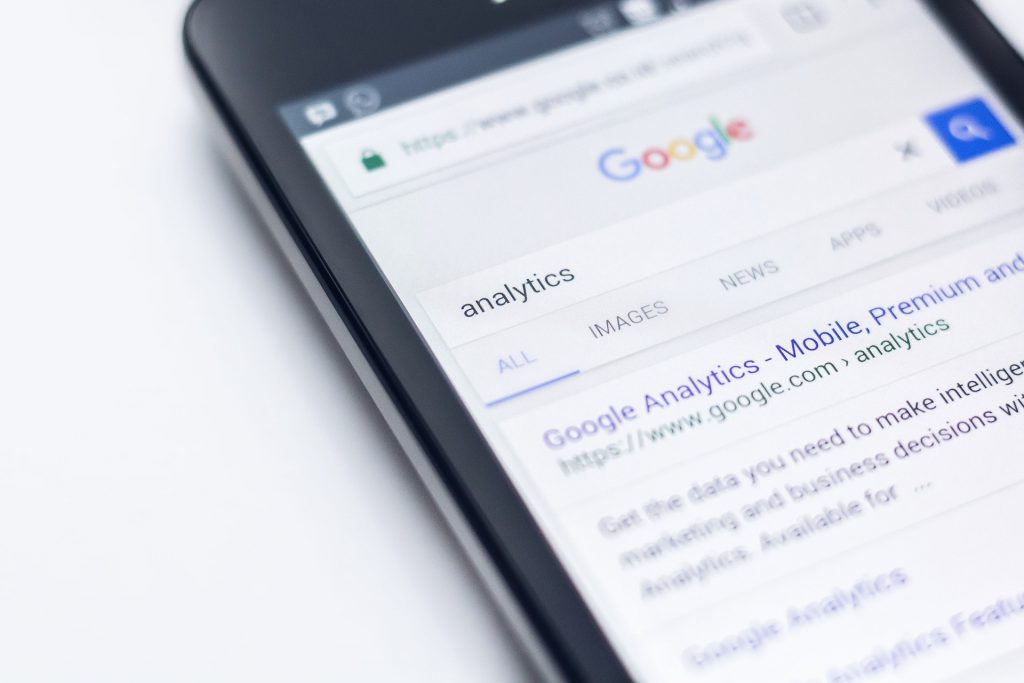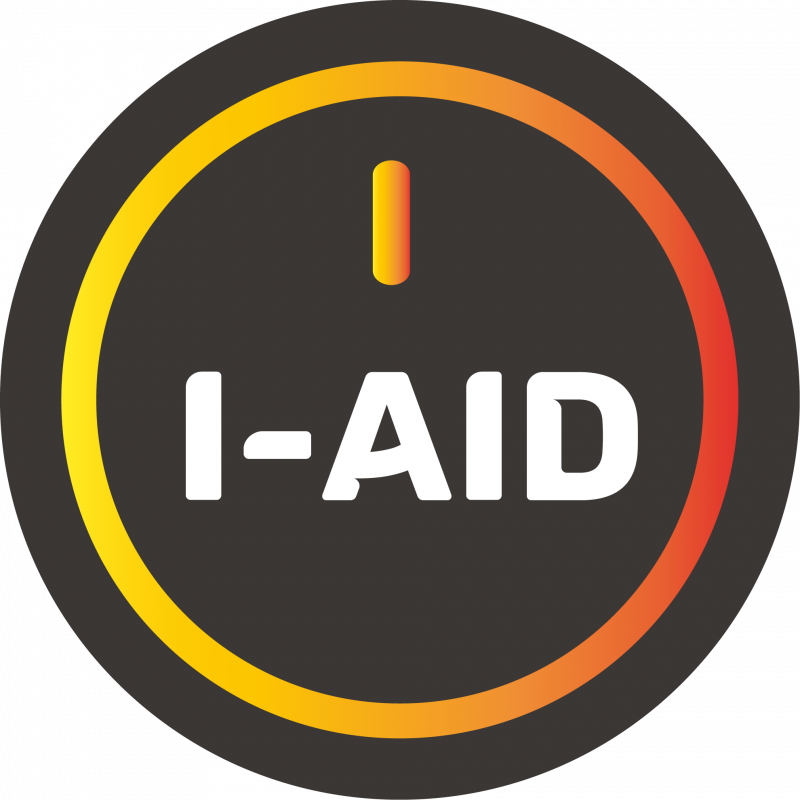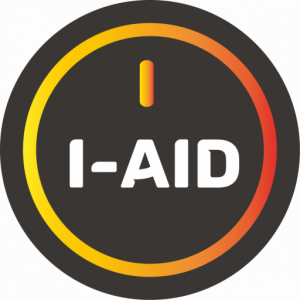
The Internet has become an integral part of people’s lives. However, the increased time spent online is prompting questions about whether users are in control of their internet usage and if they are aware of the side effects and the causes of the maladaptive behaviours related to excessive or problematic Internet use. However, even if they are not addicted, recent research and clinical practice have shown that it is not always or not only the time spent online that makes internet use problematic and “excessive”, but the impact of internet use on what might be called a ‘balanced life’.
- Excessive online exposure may affect physical health (i.e. the sedentary lifestyle can be a prime risk factor for kids’ obesity).
- Frequent multitasking due to digital lifestyle could affect their ability to stay focused leading to poor work or academic performance
- The constant feeling of being online negatively impacts their emotional well-being (i.e. a cause of anxiety to youngsters, a behaviour coined with the term “FOMO” (the “fear of missing out”) that may lead to poor sleep quality, anxiety, and/or even depression.
- Problematic media use may also be related to lower empathy and social well-being or abstention from physical and offline social interactions.

In view of the above, the project aims at empowering adults to deal with situations of excessive preoccupation with Internet/screen abuse, equipping them with the skills and the tools to modify their behaviour. It draws on contemporary research findings and considers that Internet/screen overuse is not a “childhood or adolescent disease” but also a growing risk among adults. I AID aims at using and duly tailoring existing tools and approaches from the fields of clinical and addiction psychology, cognitive behavioural therapy, reflective learning theories, and enhanced learning approaches, and ICT to support adults with excessive preoccupation with the Internet to implement personalised moderation plans and screen moderation strategies through a personalised learning approach.

The project’s direct target groups:
- Adult users, between 35 and 55 years old, being at risk for IAB (Internet Addiction Behaviour) or concerned about their excessive Internet activity.
- Adult educators who may profit from innovative pedagogical approaches to deal with excessive technology use of their trainees.
- Parents that need to moderate their computer activity and seek guidance on how to deal with their problem with the help of their families also.

The main objectives of the project are to design, develop, test, implement, and disseminate an innovative training framework and eventually a hands-on service that will enable adult individuals with excessive Internet or computer activity to modify their behaviour towards healthier use thus improving also their social life through targeting excessive Internet use I AID also battles social exclusion.

The I-AID project aims to the development of:
- Personalised “Withdrawal Plans” to achieve the desired situation, defined based on the user models and the informal classification of adults (as per the elaborated User Models) and the desirable situations based on classification.
- Internet Addiction Pal, a platform to guide the process of data collection from adults, in order to classify them and elaborate personalised withdrawal plans composed of distinct actions.
- A Learning Motivation Environment to facilitate the supporting content for the implementation of the actions and a retention service to help the adults which moderated their screen time to remain on the right path and avoid relapse.
- Supporting Content to assist with the implementation of the actions of the withdrawal plans.
- Creation of units for helping learners that have reduced screen time to remain on the right path

